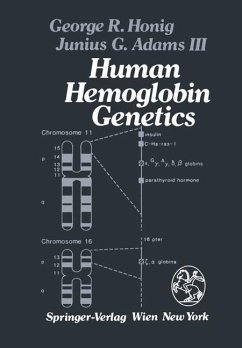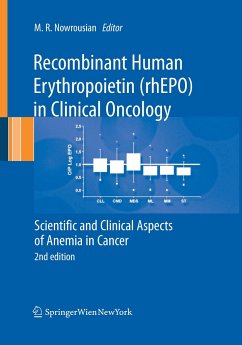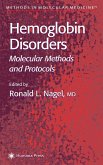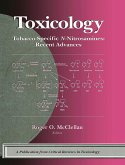The discovery in the late 1940's that sickle cell anemia is a "molecular disease" of hemoglobin was the crucial advance that gave birth to the scientific discipline of human molecular genetics. In subsequent years, with the continued expansion of knowledge about the biology and genetics of the hemoglobins, and particularly as a result of the characterization of the very large numbers of globin gene mutations, the human hemoglobin system has remained as the premier model of gene expression at the molecular level in man. With the recent explosion of new information about the genetic properties of the hemoglobins, it appears inevitable that this gene system will continue to occupy a unique position in human molecular genetics for many years in the future. Hemoglobin genetics has also recently come of age as a diagnostic and clinical discipline. The heightening of public awareness in recent years about sickle cell disease, thalassemia, and other inherited disorders has brought increasing demands for carrier detection services as well as for genetic counseling and education. The more recent development of prac tical and reliable methods for the antenatal diagnosis of hemoglobin dis orders has further increased the scope of clinical hemoglobin genetics, and it can be anticipated that these potent diagnostic techniques will have increasing application in the years ahead.
Hinweis: Dieser Artikel kann nur an eine deutsche Lieferadresse ausgeliefert werden.
Hinweis: Dieser Artikel kann nur an eine deutsche Lieferadresse ausgeliefert werden.









